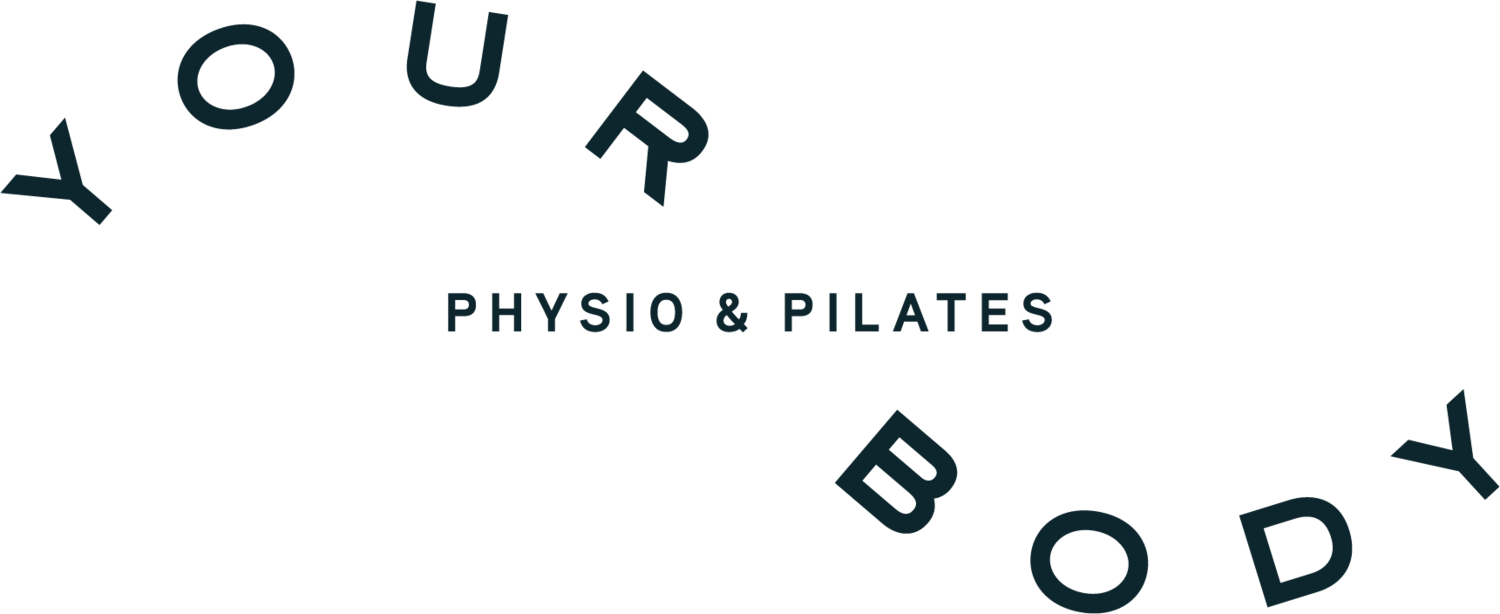Frozen Shoulder
Frozen shoulder or Adhesive capsulitis is an inflammation of the fibrous capsule that covers our shoulder joint. Normally that capsule consists of a loose connective tissue that allows free movement of out shoulder joint. This condition is characterised by an internal inflammation of the capsule as inflammation settles tissue healing and scar formation takes place causing adhesions to form inside the capsule. Hence, the term Adhesive Capsulitis. Surrounding ligaments and tendons also tend to get affected.
What causes it?
Exact origin of this Frozen Shoulder remains unclear still today. It has an sudden onset; it can be triggered by a poorly managed shoulder injury, such as a shoulder dislocation or rotator cuff tear, or other risk factors such as having diabetes, smoking, cancer, stroke, thyroid disorder and prolonged immobility. Females are 4 times likely to get is comparing to males. Having a previous Frozen Shoulder diagnosis also puts us in a much greater risk of having another one in the future.
Symptoms of Frozen Shoulder
The telltale sign that you might be having a Frozen Shoulder is a gradual loss of shoulder movement in all directions, lifting your arm and reaching to the side get particularly difficult. Persistent night pain that is hard to settle often happens during initial phase.
Subsequently, due to pain, sleeping less and restricted shoulder movement people often develop neck and upper back stiffness and discomfort.
How can I prevent it/treat it?
Keeping your shoulder and surrounding strong and mobile can assist you in preventing the condition from happening. In general leading health and active lifestyle, giving up smoking are protective factors from a variety of health conditions including Frozen Shoulder.
Early diagnosis and management are very important and can help prevent further complications from happening.
Most importantly, it’s necessary to address and treat any underlying shoulder injuries or conditions that may have instigated the frozen shoulder. Without getting to the route cause of it, frozen shoulder is likely to linger and remain painful.
How can physiotherapy help?
Physical therapy plays a massive role for pain control and restoration of normal shoulder mobility all along your Frozen Shoulder recovery. We will help you understand the condition and its individual implications on your body and activities as no Frozen Shoulder is the same. Together we make a tailored treatment plan that might evolve and change throughout the course of treatment. Starting from manual therapies based on soft tissue mobilisation and gentle stretching and slowly progressing to therapeutic exercise and return to sport or daily activities and hobbies.
As recent research shows that full recovery might take as long as 1-4 years. So no matter what stage of recovery you are at if you find yourself getting stuck or not progressing visit one of our physios for a professional advice and guidance.


